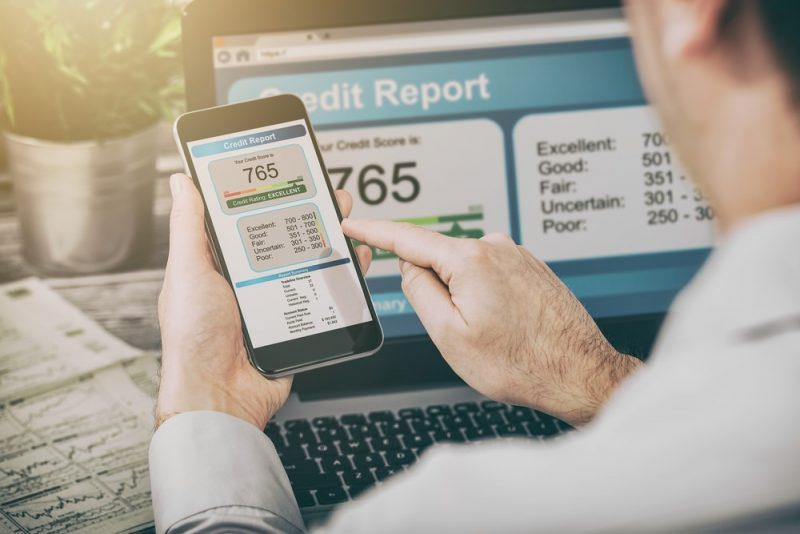The Business Owner’s Guide to Understanding and Building Business Credit
Section 1: Learning the Basics: Business Credit, Business Credit Reports, and Business Credit Scores
What is Business Credit?
Business credit refers to whether or not a business is a suitable candidate to give credit to and/or do business with. Having excellent business credit offers a range of advantages including small business loan approvals, bigger loans, lower interest rates, and improved relationships with merchants and suppliers. Business credit works similarly to personal credit. If you have a solid grasp of how your personal credit works, it won’t be hard to figure out how business credit operates. However, while operating in a similar fashion, business credit and personal credit are not the same thing. Business credit reports and business credit scores are entirely separate from personal credit reports and scores.
Business Credit Reports
Business credit reports are records of a business’ activity. They include information such as:
- Information on the business such as the name, location, business type, owner and guarantor
- Payment history
- Credit account
- Trade accounts
- Overall credit utilization
- Public records
- Business credit scores and other risk factors that estimate the possibility of a business failing or paying bills late
Businesses do not generally have just one business credit report. The three major business credit bureaus, Equifax Business, Experian Business, and Dun & Bradstreet, all collect data and produce their own unique reports.
Business Credit Scores
Business credit scores are based on the information found in business credit reports. The major business credit bureaus will generally provide business credit scores with the corresponding report, depending on the type of report purchased.
There are three different types of credit score that you could see on a business credit report:
- Payment Index (PAYDEX) – This indicates how promptly a business has paid its recent bills. PAYDEX is on a scale of 1-100, with higher scores being better. Late payments decrease the score.
- Business Credit Score – Like personal credit scores, a business credit score is a numerical estimate on the probability a business will be delinquent on payments in the next 12 months. The scale used depends on the credit bureau.
- Business Failure or Financial Stability Score – This is an estimate of how probable it is for a business to fail or to meet severe financial distress in the next 12 months. The scale used is dependent on the credit bureau.
The major business credit bureaus have different scoring systems for their own brands of business credit scores. Dun and Bradstreet presents its business credit score on a scale of 101 to 670, while Equifax presents similar data in a scale of 1 to 5 risk classes. The scores you see on business credit reports will usually be one of these three types. Cheaper credit reports generally include fewer types of scores, while more expensive reports contain a wider variation. More expensive reports will generally provide better insight and analysis into your business.
Factors that influence business credit scores and other types of scores
There are numerous factors that the credit bureaus take into account when calculating these scores. These factors include but are not limited to:
- The business’ payment history
- Past and current trade lines
- Past and current credit accounts
- The average age of credit accounts
- Credit utilization and outstanding balances
- The business’ net worth
- Business factors such as the business’ age, type and industry risk
- Number of employees
- Demographic data, including Standard Industrial Classification codes
Now that we have covered the basics of business credit, it is time to move onto how to set up business credit files.
About the Author
Oliver Browne is a Credit Industry Analyst for Credit Card Insider. Credit Card Insider’s goal is to provide educational information on various financial topics and help people and businesses alike make informed decisions around credit. With an educational background in law and business research, Oliver researches and writes on a multitude of topics including small business, credit building, and personal finance.

